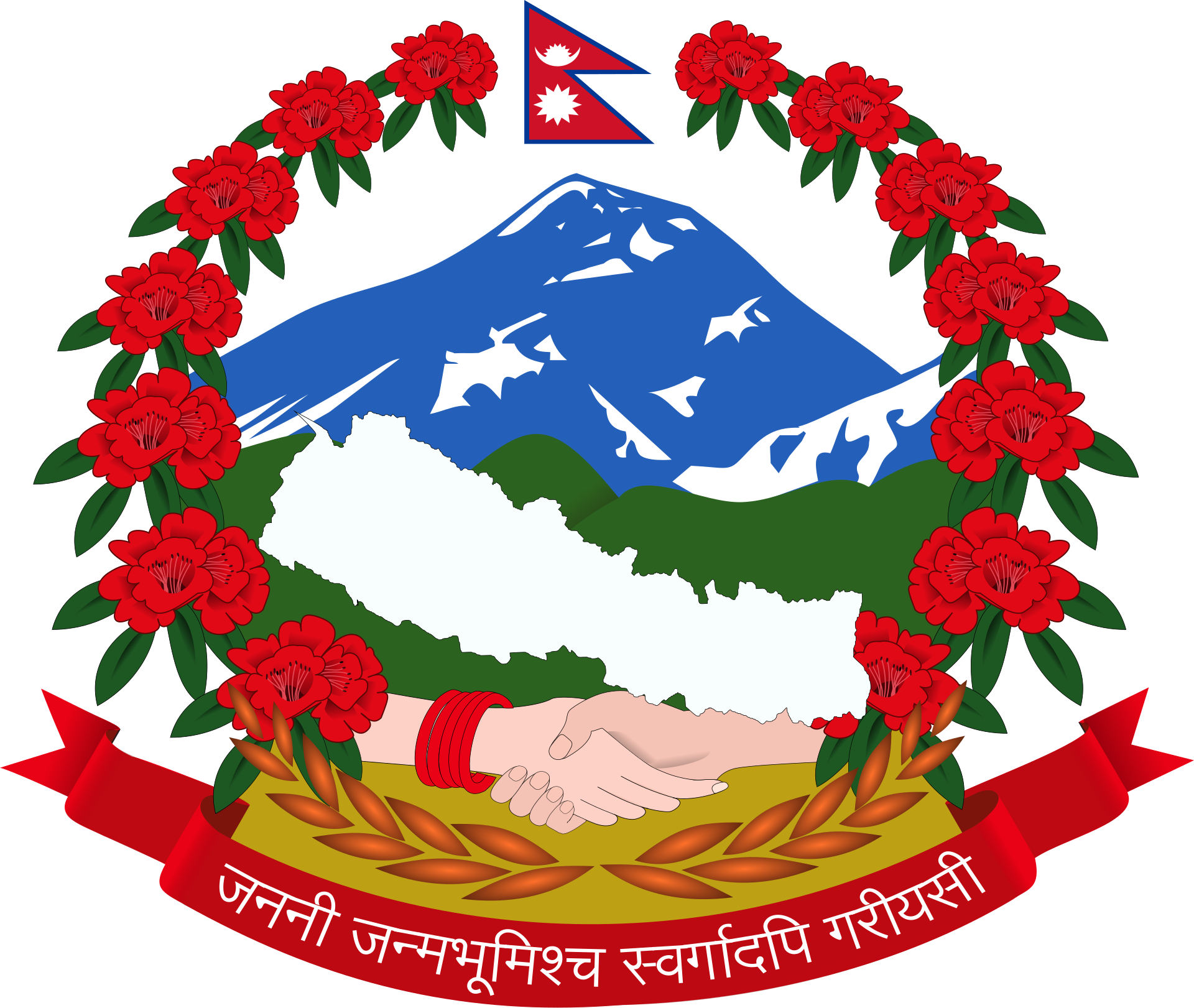प्रतिनिधि सभा सदस्य निर्वाचन, २०८२
दिन बाँकी


Important Notice

A.D.:
Nepal Samvat: 1146 CHILLAGA DWITIYA - 17



A.D.:
Nepal Samvat: 1146 CHILLAGA DWITIYA - 17
July 08, 2025, 03:24 PM
Opening Remarks
by Rt. Hon. Mr. K P Sharma Oli,
Prime Minister and Leader of the Nepali Delegation to
The FfD4 Thematic Roundtable- 3 entitled
'Revitalizing International Development Cooperation'
01 July 2025, Seville, Spain
Excellencies,
Distinguished Delegates,
Dear Friends,
It is an honour to chair this roundtable—focused on one of the most vital pillars of the global financial agenda.
This gathering could not be more timely. We meet at a moment when international development cooperation faces some of its most serious challenges in recent history.
Excellencies,
We are living through a period of multiple cascading crises.
Climate change, pandemics, food insecurity, and conflict are converging—
with devastating impact, particularly on low- and middle-income countries.
For many developing nations—especially LDCs—the burden is becoming unbearable:
These challenges are deeply intertwined.
And they demand a response that is cooperative, coordinated, and compassionate.
In this context, international development cooperation has never been more important.
In a world more connected than ever before, Official Development Assistance (ODA) is not a handout.
It is not charity.
It is a strategic necessity, a moral imperative, and a pathway to shared global prosperity.
Yet, the current state of development assistance falls far short of what is needed—both in scale and urgency.
While ODA from developed countries has more than doubled since the start of the millennium,
immediate humanitarian demands are increasingly diverting resources away from long-term development needs.
Let me offer Nepal’s example.
In recent years, ODA to Nepal has been on a steady decline.
Even more concerning is the shrinking grant component of development support.
We are also witnessing trends where aid is repurposed to cover domestic spending in donor countries—including refugee support—rather than being directed to development in recipient nations.
Donor fragmentation, lack of coordination, shifting priorities, and bypassing national systems continue to undermine the effectiveness of aid.
Excellencies,
This is where the Sevilla Commitment offers us a critical opportunity—
a chance to reframe and revitalise global development cooperation.
It is a landmark achievement. But its success depends on our collective resolve.
We must ensure that development assistance is not only efficient, but also adequate, predictable, and aligned with the needs of developing countries.
Let me be clear:
Effectiveness cannot compensate for insufficiency.
We urge developed countries to honour their commitments—not in principle, but in practice.
Let us invest in people, not in weapons.
Development assistance must return to its core:
Climate finance must also be scaled up,
with new and additional resources earmarked for adaptation and mitigation in the most affected countries.
And finally, all assistance must aim to build capacity,
and strengthen the long-term governance and financial self-reliance of developing countries.
Excellencies,
The true purpose of international development cooperation is not dependency—but dignity.
Not temporary support—but sustainable transformation.
It is time for a shift in approach:
One that centres local ownership, fosters mutual trust, and upholds transparency and partnership.
The challenges before us are daunting—but the solutions are within reach.
Let Sevilla be our new beginning—
a moment where we translate promise into action, and vision into impact.
Let this roundtable serve as a catalyst to advance this spirit—with renewed commitment, courage, and hope.
Thank you.
